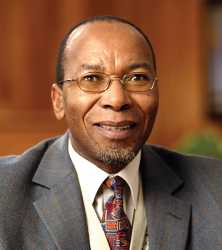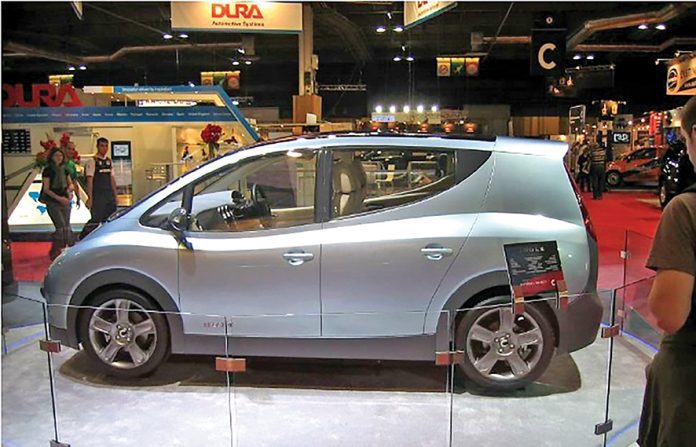The steep rise in the price of crude oil has some of us ruing the dropping of the electrical car project that South Africa initiated a few years back.
The project was embarked on for three main reasons: to get our country to enter the automobile industry; to respond to the climate change phenomenon as well as the expected depletion of fossil fuels; and the accompanying price rise of oil.
To tackle these, the then-department of science and technology, through its entity, the National Research Foundation, contracted a company called Optimal Energy to develop a South African electric car.
The result was the Joule, the most beautiful electric car I launched as minister of the department of science and technology at the Paris Motor Show on October 2 2008.
The Joule had a range of 150km between charges and was capable of a speed of 135km/h. At the time it was envisaged that the car could be charged in the evenings and be ready for action the next day. Some of us even dreamt that once the vehicle was up and running, we could consider their roofs being covered with photovoltaic panels so that it could be charged when parked in the sun or driving around on sunny days.
Companies such as Eskom, the Post Office, Telkom and others that were sounded out were excited about the project as it would save them quite a penny in fuel costs. A little market research showed that households where people commuted locally, took children to school and ran errands such as shopping, would find the vehicle very handy.
Municipalities whose fleets ran around their cities for the most part were also taken up by the prospects of having such vehicles. It was even suggested that electric buses be assembled in time to carry soccer fans around Gauteng during the 2010 Fifa World Cup.
Because the science and technology department did not have a mandate to venture into manufacturing and trading, the project was handed over to the trade and industry department to take the matter forward by ensuring the mass production of the Joule. For inexplicable reasons, the project was dropped.
With the current exponential increase in the price of fuel, one is left with a deep sense of regret. If only South Africa had continued with the production of electric vehicles, we would have been very far by now. With continuous research and innovation, we would have improved the vehicles tremendously, making them a refuge for many in the country seeking affordable mobility. We would probably have electric buses and taxis for local transport by now. But only if.
The leadership of Eskom around 1999, consisting of people like Reuel Khoza as board chair and Thulani Gcabashe as CEO, were warning the authorities that the company was running out of generating capacity. They were urging the government to give Eskom permission to build new power stations. Their successors sang the same song. Their pleas fell on deaf ears.
We know what the dire consequences of that are: debilitating load-shedding and a hobbled economic environment.
If only Eskom had listened at the time, the charging of the electric vehicles, even during the day, would have been a breeze. We would probably have developed charging stations around the country.
If only Eskom listened at the time, Prasa (the Passenger Rail Agency of SA) would be running commuter trains without hindrance, giving commuters affordable transport.
As the saying goes, to have peace, prepare for war. If only we had done these things, we would have been able to cushion ourselves against the shocks of the escalating costs of crude oil.

- Mangena is former minister of science and technology
Follow @SundayWorldZA on Twitter and @sundayworldza on Instagram, or like our Facebook Page, Sunday World, by clicking here for the latest breaking news in South Africa. To Subscribe to Sunday World, click here.



